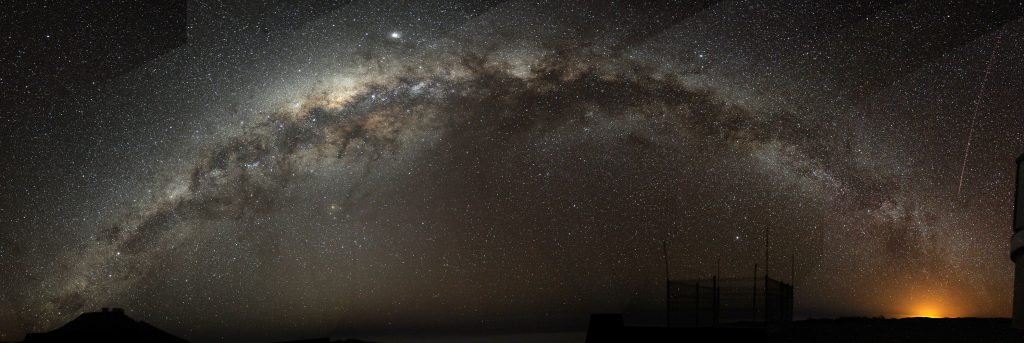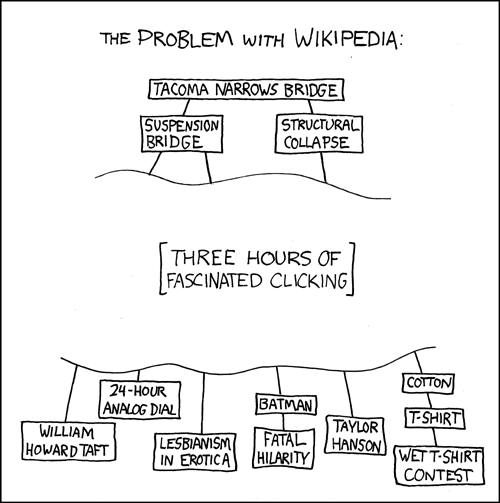I guess it’s not really a “problem,” but I usually find interesting/strange things to read on Wikipedia. For instance, I stumbled upon this gem the other day while doing some casual reading about the universe:
“…the Andromeda Galaxy and the Milky Way are approaching one another at a speed of 100 to 140 kilometers per second (62-87 miles/s.; 223,200-313,200mph). The impact is predicted to occur in about 2.5 billion years.”
So our galaxy, the Milky Way, is going to collide with another galaxy. Another fun fact about the Milky Way is its diameter: comprising 200-400 billion stars, the Milky Way is approximately 100,000 light years wide. If you convert that to miles it’s 587,849,981,000,000,000, a number so big I don’t even know what to call it (what comes after “trillion?”).

I was so excited when I read this in the computer lab so I was sharing it with the students seated around me, and then another teacher asked me, “And you believe all that?” Yes, I do! I’m not a physicist or an astronomer but even if the numbers are wrong, maybe plus or minus a few zeros, it’s still awesome!
Now it’s your turn to go click around Wikipedia for a few hours, you’re bound to find something that is awesome; there is something for everyone! As this hilarious comic from xkcd.com points out, that’s the problem with Wikipedia:
